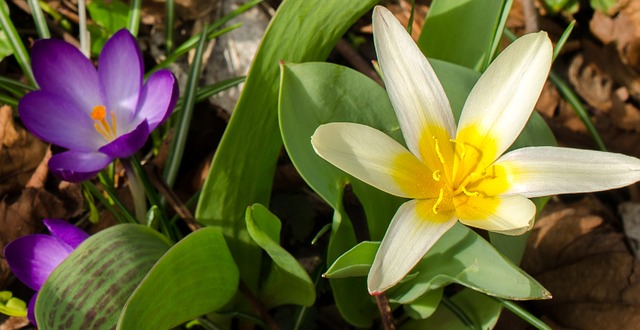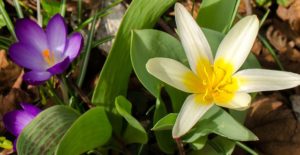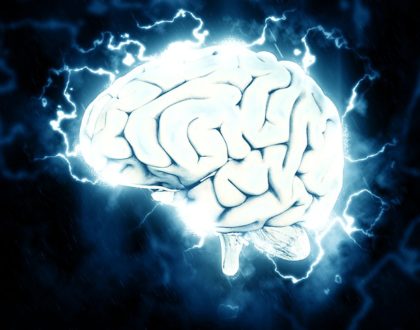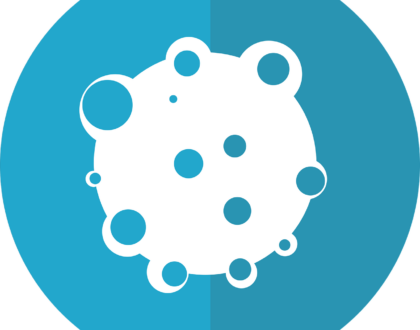Relief for seasonal allergies thru acupuncture and herbal formulas….unsurpassable efficacy


Allergies are when a normal antigen in the environment (pollen, dust, grass, pet dander, dust mites, etc) elicits an immune response which normally would not occur as the antigen, or allergen as it would be called in this case, would not elicit an immune response but for one reason or another, the immune system responds to this harmless allergen by releasing soluble mediators of inflammation and immune cell signaling mediators such as histamine, IgE, and many of the members of the cytokine family. These factors cause inflammation of tissues such as the sinuses, the lungs, capillaries to the eyes and nose, and other changes resulting in the all too familiar allergic symptoms.
Seasonal allergies can be so draining. Its like being sick for a month or two essentially non stop!
An allopathic approach to seasonal allergies would be to cover up the symptoms. The symptoms of runny nose, inflamed sinuses, runny and itchy eyes, etc most of which is mediated by histamine and IgE release. These “antihistamine” medications bring relief, but not without side effects, some of which may not show up for decades. Also, how effective is this approach of symptom coverup if we have to repeat it on a daily basis?
Let’s look closer at the different choices you have for allergy medication:
- First-generation antihistamines. These are the original medicines developed to treat allergy symptoms and are available over the counter. These medications are generally effective, but have some bothersome side effects, especially drowsiness, which makes it difficult to take them on a regular basis. Examples are Benadryl and Chlortrimeton.
- Second-generation antihistmines. These medicines don’t cause the same level of drowsiness as their predecessors, though some of them can still cause mild sedation in some people. However, they are all highly effective and can be taken on a regular basis with very few side effects. They also come in long-lasting versions, so you only need to take them once a day. Examples are Allegra, Zyrtec, and Claritin. Claritin has been sold over the counter for a couple of years, and also has a number of generic versions (loratidine).
- Leukotriene modifiers. Singulair falls into this category and it is used for both allergies and asthma. It blocks leukotrienes, another body chemical that is involved in the allergic response.
- Homeopathic medicines. This is an alternative treatment for allergies, whereby you take tiny amounts of allergens by mouth to slowly de-sensitize you over time to allergens (it’s also known as sublingual immunotherapy). This is also one of the methods used traditionally by far east medicine practitioners for millennia as a way to tolerize the immune system
Benadryl, one of the more commonly used antihistamines that has been around for a long time blocks histamine through blocking release of acetylcholine. In the brain, acetylcholine is involved in learning and memory. In the rest of the body, it stimulates muscle contractions. Anticholinergic drugs include some antihistamines, tricyclic antidepressants, medications to control overactive bladder, and drugs to relieve the symptoms of Parkinson’s disease. Benadryl has been recently implicated in increase chances, severity, and speed of onset for dementia. Thats a side effect I don’t want to in exchange for relief from something else such as allergies. Not interested in medicines that may cause cognitive decline. Often, it takes decades for a side effect to start showing up. Thats why this is a recent find even thou histamine has been around for decades.
The far east medicine’s approach to allergies is far more logical and effective and longer lasting than just a symptom cover up. Chinese medicine and acupuncture considers many factors regarding a persons health and what (organ or meridian imbalance) might be causing the overreaction of the immune system to its benign environment.
We know that stress plays a major role in how our immune system keeps us healthy: stress makes us more susceptible to colds and other pathogenic influences, but also makes us more susceptible to an overreaction by the immune system to benign pathogens in the environment. Simply lessening the stress will have a positive outcome on the frequency and intensity of any allergic attack. Acupuncture is very successful at reducing stress, more so than any other modality that I know.
Thats the first step that acupuncture helps with allergies; by simply reducing the stress.
Sometimes allergies are brought on by invasion of wind or cold and damp. What is that you’re thinking? Invasion of the body by energetics that are detrimental to the bodies normal functioning and must be addressed before relief is seen. Which one of the pharmaceuticals that we know of for allergies helps with these? None. There are however many acupuncture points and herbal formulas for just this type of pattern.
Acupuncture and herbal medicine are more focused on calming the hyper-arousal of the immune system permanently, rather than focusing on symptoms alone.
In a typical acupuncture treatment, a reading is obtained of the patients pulses corresponding to many different states of a given organ at any one time. Once a “pattern of differentiation” is realized, then a treatment plan for alleviation of symptoms as well as for calming the hyper-active immune system are arrived at and then implemented. Depending on the severity of the allergies and the time of the year, several weekly sessions are scheduled and relief arrives fast and can be maintained thru herbal formulas and or acupuncture visits that are less frequent than at the start of treatments. The positive effects are cumulative and carry on to the next year.
As promised, a study comparing acupuncture and to a second generation anti-histamine Cetirizine. The groups included sham vs real acupuncture against Cetirizine. When comparing all three groups, the acupuncture group had a lot fewer days of symptoms many had bypassed their medication altogether. Acupuncture and herbal remedies correct the underlying problem as seen thru the eyes of Oriental medicine, whereas the pharmaceuticals just covered the symptoms for a specified period of time and were needed again the next times allergies hit. There were also no improvements seen in pharmaceutical group vs acupuncture group from year to year!
Give it a try. Let me know if you have any questions by leaving a comment below or contacting me directly.
Recommended Posts

Alzheimer’s disease prevention. Clues from taxi drivers??
January 2, 2025

Lowering Risk of Cancer
December 21, 2024

